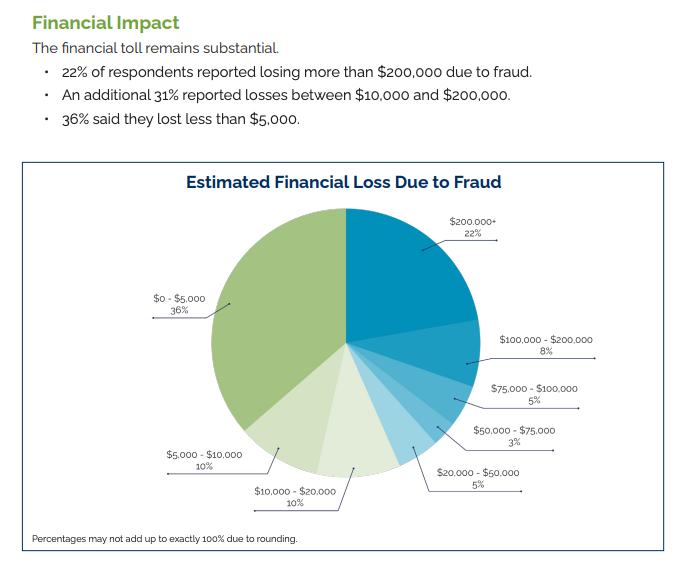Q3 brought a major shift in freight fraud trends. For the first time in 2025, direct thefts have overtaken compromised emails and ownership-change abuse as the top drivers of fraud, with rogue carriers behind a growing share of theft and pilferage events.
Q3 at a glance:
Bad actors are adapting and becoming more tactful. From spoofed communications to attempted identity thefts, Highway blocked over 600,000 fraudulent attempts in Q3:
- 605,728 fraudulent inbound emails blocked
- 62,531 fraudulent phone numbers blocked
- 2,992 identity-related fraud alerts reported
- 149 unauthorized FMCSA contact changes
These numbers are just what was blocked. Cargo theft, email hijacking and imitating brokerages to steal loads is happening nationwide, and it comes at a price. According to The State of Fraud in the Industry Report by TIA, the average impact of a fraudulent incident can cost organizations more than $200,000.

How Bad Actors Are Getting Through
Direct Theft, Carrier-Involved or “Rogue Carriers”
Direct theft happens when a bad actor gets possession of a load through deception or identity theft. A recent evolving threat for the industry is carrier-involved theft or “rogue carriers”. Rogue carriers operate legitimately, until they don’t. They have malicious intent, gain access through stolen credentials, hijacked MC numbers or simply abandon the route and take off with the load.
Compromised Email Inboxes
Once an inbox is compromised, fraudsters can impersonate trusted contacts, intercept rate confirmations, or redirect shipments and payments. Attackers often study conversation history to mimic legitimate communications, making it difficult to detect until a load has already been diverted or stolen.
Sold MCs or Ownership Change Abuse
Bad actors are exploiting the carrier’s established reputation to book shipments, collect payments, or divert freight while appearing legitimate on paper. The change can look official, making these schemes difficult to detect without trusted, continuous monitoring.
Heighten Your Defenses: Q4 Watchlist
As freight volumes soar through the holiday rush, so does the risk of theft and fraud. The final quarter of the year consistently sees a surge in opportunistic attacks, with bad actors zeroing in on high-value and fast-moving freight across the country. For brokers, carriers, and shippers, staying alert to what’s being targeted, and where, can make all the difference.
What to Keep A Close Eye On
High-Risk Commodities:
- Meat, Seafood, and Frozen Goods
- Consumer Electronics and Premium Retail Items
- Alcohol and Specialty Beverages
Hotspots regions:
- California, Texas, and Florida: Large ports, retail and distribution centers create elevated exposure in theft and fraudulent carrier activity
- Indiana & Midwest: Major hubs like Indianapolis and Greenwood face increased risk due to dense consolidation points and a rise in identity fraud and compromised carrier activity.
What Brokers Need to Know
Highway’s Q3 data shows that while fraud tactics continue to evolve, most thefts are still entirely preventable. Sticking to the basics of thorough verification, constant vigilance, and clear communication across every stage of the load remains the most effective way to protect freight and prevent losses.
FOR BROKERS:
- Verify every booking through an outbound call. Treat email as a signal, not proof. Always confirm critical requests with an outbound phone call.
- Spot-check every contact. Validate email domains and phone numbers through an identity platform like Highway before booking.
- Secure your rate confirmations with two-factor authentication and digital acceptance rather than email attachments to protect sensitive load information that bad actors seek.
- Monitor for unusual account behavior (overbooked, unexpected changes to insurance or ownership) and force re-verification when anomalies appear.
- Confirm delivery directly with your shipper customers
- Report suspicious activity immediately to your compliance team and Highway. Rapid response can aid recovery.
To dive even deeper into what Highway is seeing in Q3 2025, download the Freight Fraud Index Report here.







